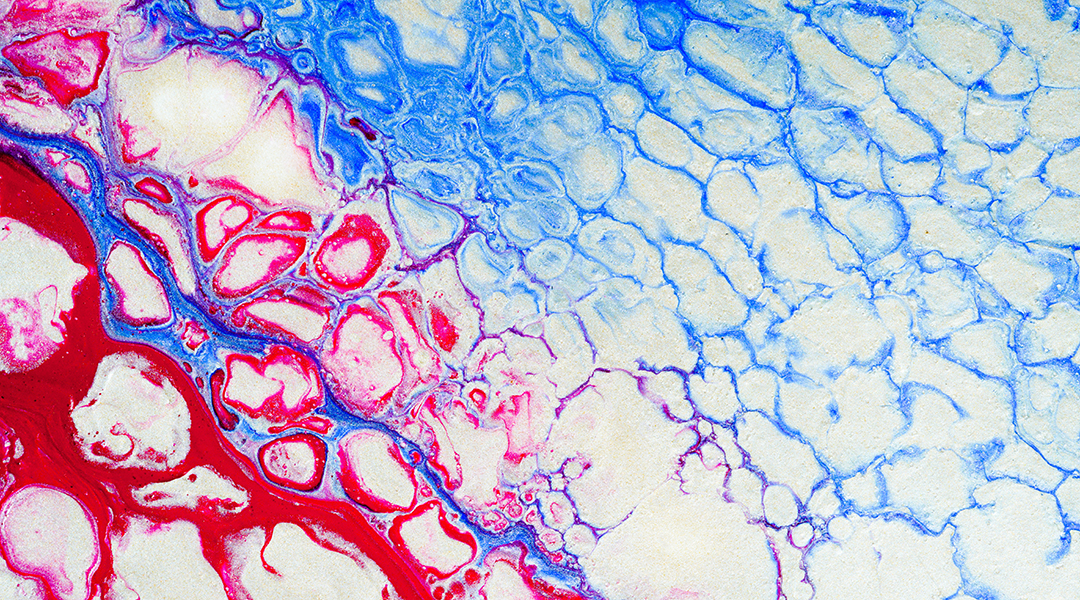People all over the world touch their faces up to 800 times per day—researchers wanted to know why.


People all over the world touch their faces up to 800 times per day—researchers wanted to know why.

Scientists have solved a centuries-old mystery that could help develop new forms of non-invasive brain therapy.

Scientists have discovered that human and dog brain waves synchronize during social interactions, offering new insights into our unique bond.

Understanding the placebo effect could lead to pain management therapies that are more effective than opioids without causing addiction.

A mouse study provides new insights into the brain mechanisms behind the effectiveness of SAD lamps in alleviating depression.

Study finds tactile learning in education helps kids engage multiple senses, leading to a richer and more interactive learning experience.

This new brain–computer interface detects weakened brain signals and boosts them to healthy levels, potentially reversing cognitive aging in the brain.

A previously unknown mechanism involving the brain’s blood vessels reveals the intricate process of long-term memory formation.

The brain activities of two people who learn fear from each other are known to be in sync, but what role does social status play?

The interplay between the hormones oxytocin and cortisol in regulating emotion and behavior depends on context and familiarity, new study finds.